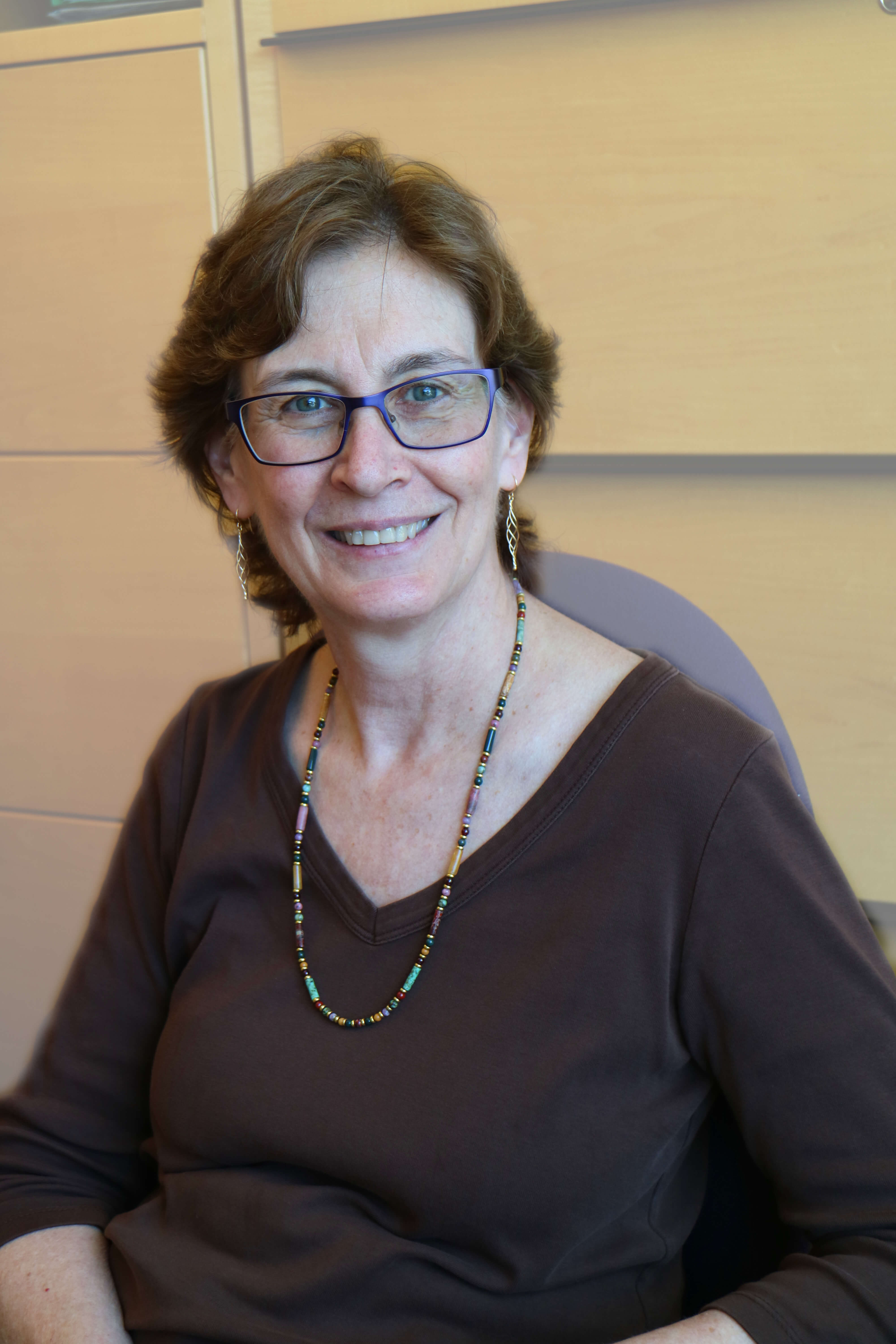
Q: What do you do in your work?
A: I’m interested in how protein enzymes work in terms of structure and behavior. We’re interested in trying to manipulate and utilize the pathways, if possible, to generate new compounds for new leads. We’re also interested in the fundamental protein enzymology and understanding the specificity of these things. In particular, these enzymes are curious, because they take a peptide and can make the same chemical modifications in many different pulses along the peptide, and that’s just a fundamentally interesting question as to how it can do that in multiple places. So I’m interested in a range of questions, both fundamental and potentially more practical.
Q: What’s your favorite part about being a scientist?
A: Finding something new and unexpected. When you plan experiments and you get the results you expected, it’s good, but it’s always much more interesting to get the unexpected result that takes you down a new path and leads to new ideas.
Q: What have you created or discovered that you are most proud of?
A: We were very excited to be able to isolate intermediates in this pathway, characterize the several biosynthetic steps, and potentially explore the versatility of these enzymes. I’d like to be able to move that forward to see how we can engineer or evolve the proteins to try to do it differently or better. If I could only get a leg up on the funding…
Q: At the end of the day, why does your work matter?
A: In this case, if we were actually able to make different compounds and explore those as potential therapeutics, that would be exciting. Even though we understand a lot about fundamental proteins and how they work, there’s still much we don’t know. It matters from the standpoint that there are so many proteins that we don’t have a clue what they do.
Q: Outside of work, what do you do to relax?
A: I hang out with my husband. We like to watch movies, we love to eat and cook good food and drink wine. I like to go for walks. At this point in my life, walking is what I get to do more than hiking. I also like to spend time with my daughter and son-in-law and their German shepherd… she’s our special grand-doggie.
Q: What situation do you think you’d feel the most out-of-place in?
A: I’m not a terribly social person, so I’m not very comfortable in crowds where I don’t know people. I don’t easily walk up to people and introduce myself.
Q: In 100 years, what do you want to be remembered for?
A: The area I’ve made the most impact in is that I studied proteins in a mercury detoxification pathway for many years, and I’m probably most known scientifically for my work in that area. I think the quality of that is high.
Journalism credit: Alexa Rocourt